2 August 2023
Roman Kwiatkowski
Chairman of the Roma Association in Poland
Commemoration speech on the occasion of 2 August 2023, Holocaust Memorial Day for Sinti and Roma
Ladies and Gentlemen,
Today we celebrate the European Holocaust Memorial Day for Roma and Sinti.
Seventy-nine years ago, the last Romani men and women prisoners of the Auschwitz-Birkenau Death Camp – 4,300 people – were driven to the gas chambers. In this way, the criminal ideology of Nazism wanted to erase from the map of Europe a nation that had existed in its history for almost 700 years.
But the Roma and Sinti survived the Holocaust, just as they survived every period of persecution and exclusion, which is why we attach so much importance to the presence of fewer and fewer survivors among us – witnesses of the Holocaust. They also survived to bear witness to the truth about the times of contempt and their consequences.
We are glad that more and more young people are here with us every year. This is very important because young people are the guarantors of preserving the memory of half a million Roma and Sinti murdered during World War II. That is why for over thirty years, on the initiative of the Roma Association in Poland, together with the Central Council of German Sinti and Roma, we have been meeting at this monument.
The increasing number of guests is also significant to us – it is a testimony that the extermination of the Roma and Sinti is no longer just an unknown and marginal episode of World War II but has been permanently inscribed in the tragic history of those times. The day of August 2 is forever engraved in the calendars of many countries as the official day of remembrance of our murdered brothers and sisters.
For the second time, and hopefully, for the last time, we meet at the monument in Birkenau in the shadow of the ongoing war not far away. The determination of Ukraine’s defenders, including the local Roma, would not have been enough to resist the armed power of the invaders if not for the solidarity of nations and governments of the free world. With great force, the current situation has shown how vital the need for cooperation, rejection of national egoisms, and resignation from particular interests is when Europe does not want to repeat the tragic lesson from 80 years ago.
But the enemies of freedom do not always come to our world from abroad. Racist and nationalist ideologies are still alive in 21st-century Europe. For us, the Roma and Sinti, so tragically experienced by history, every manifestation of exclusion and discrimination is a wake-up call against repeating the tragic times of 80 years ago. Democracy and freedom must be defended against internal enemies with the same determination with which we protect them against external invaders.
Ladies and Gentlemen, the essence of Roma’s identity is memory, language and culture. It is thanks to them that we enrich the culture of the majority societies in which we live. And we also absorb the culture of the world around us. There is no contradiction between being a Roma, a Sinti and a citizen of one of the countries where we found our home generations ago.
However, there must be a significant change in relations between states and Roma
communities. All support and assistance programs for our minority – including those that directly implement European Union directives – must be implemented with the participation of Roma and Sinti and not over their heads. It is we who know our problems and needs best; it is us who – based on everyday experience – can assess the sense and effectiveness of these programs.
There are too many cases of spending public money in a way that does not improve our community and sometimes even antagonizes us with the majority of society. Some projects are incomplete, others duplicate the state’s policy towards the entire society, and others have no reason to exist. They all have one thing in common – Roma and Sinti do not participate in their creation, they are not asked for their opinion, and they are left with the role of passive consumers of aid.
I want to emphasize this very strongly – only such support of the Roma community will bring the desired results, in which Roma and Sinti will have a decisive influence on its planning and implementation. Responsibility and participation in shaping our destiny are the most essential factors of civic and social integration of the Roma. We must not underestimate that our language, culture and traditions should be treated as the foundations of identity, which in societies that recognize diversity as a unique value must be cared for and protected.
We, Roma and Sinti, enjoy our distinct identities. But we do not cease to be citizens of the country that is our homeland. We share rights and obligations with all compatriots; we do not seek privileges or special treatment in any area unrelated to our traditions, culture and language. Besides, the state’s social, health and educational policy concerns us as much as society.
A great event in this field is the establishment of the Roma Culture and History Center in this area. Such an institution – established with our participation and in which we will have a say in defining its goals and methods of operation – is an element of real support for the Roma community. This is a clear signal that Roma culture is not colourful folklore but part of the culture and history of the entire nation. It is hard to imagine a better integration – not by uniformizing the society, but by drawing on its multicultural heritage.
In this way, Poland has become a unique country in our part of Europe. It is difficult to find a better example of policy towards minorities focusing on what is most important for each ethnic group – maintaining its identity and making it an indispensable part of the national culture. For this, today I would like to thank everyone who contributed to this work, especially the voivodship board and the councillors of the Małopolskie sejmik. You have testified that our coexistence on one earth is integral to Polish and Roma culture and identity.
Ladies and Gentlemen, next year we will celebrate the 80th anniversary of the Holocaust of the Zigeunerlager Auschwitz-Birkenau. I hope that we will meet then free of many fears that accompany us today and that the memory of the Holocaust will be, above all, a lesson in history and memory and not a warning against a new threat of fanaticism and racism. Future generations can never experience the fate of their ancestors, and for this, we are all responsible to them.
Statements
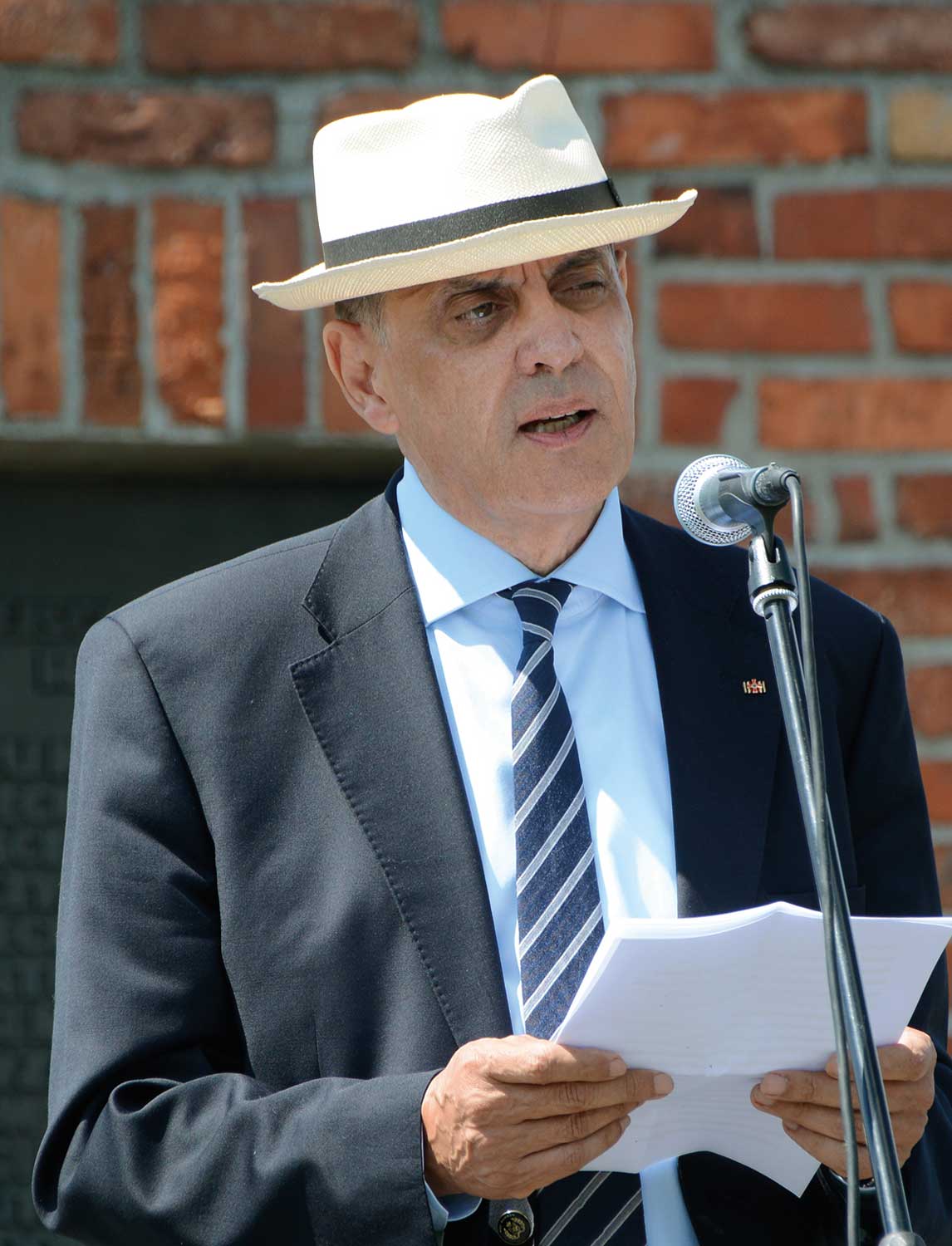
Romani Rose
Chairman of the Central Council of German Sinti and Roma

Zuzana Čaputová
President of the Slovak Republic
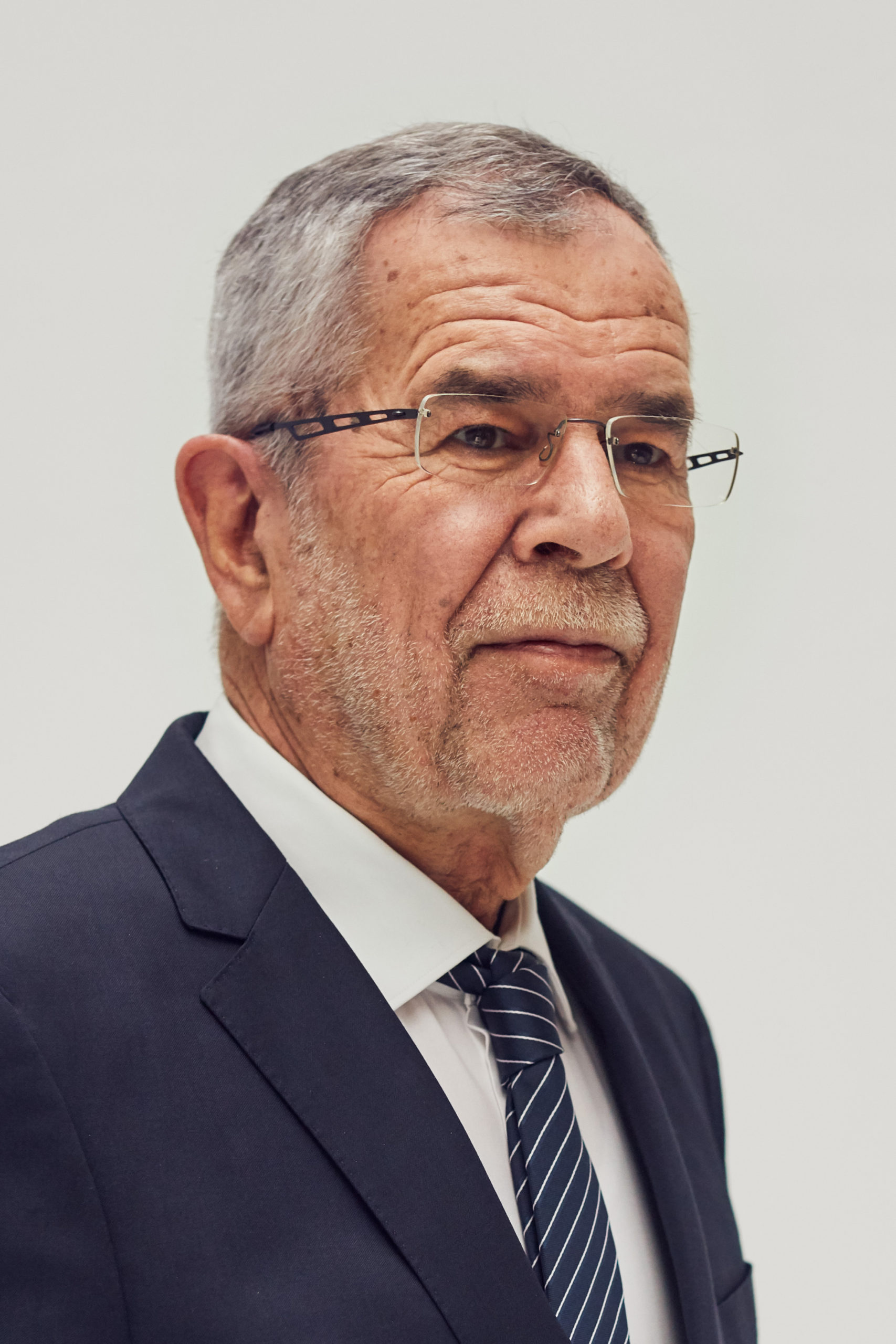
Alexander Van der Bellen
President of Austria
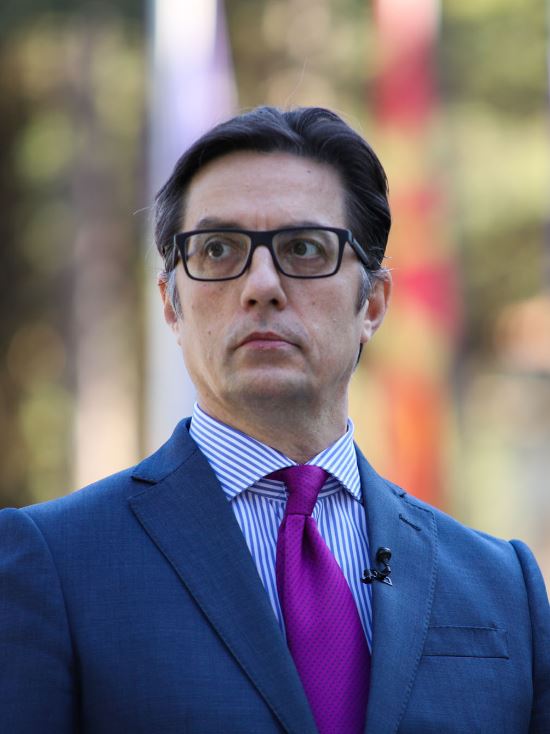
Stevo Pendarovski
President of North Macedonia

Helena Dalli
Commissioner for Equality, European Commission
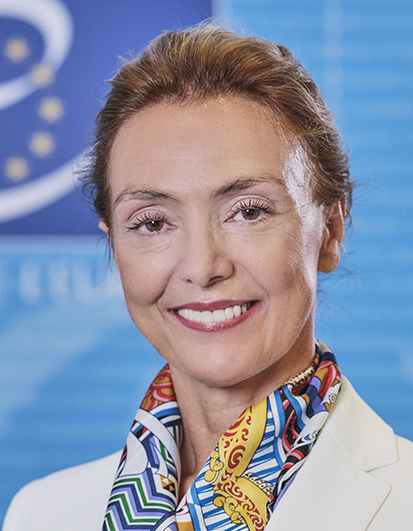
Marija Pejčinović Burić
Secretary-General of the Council of Europe
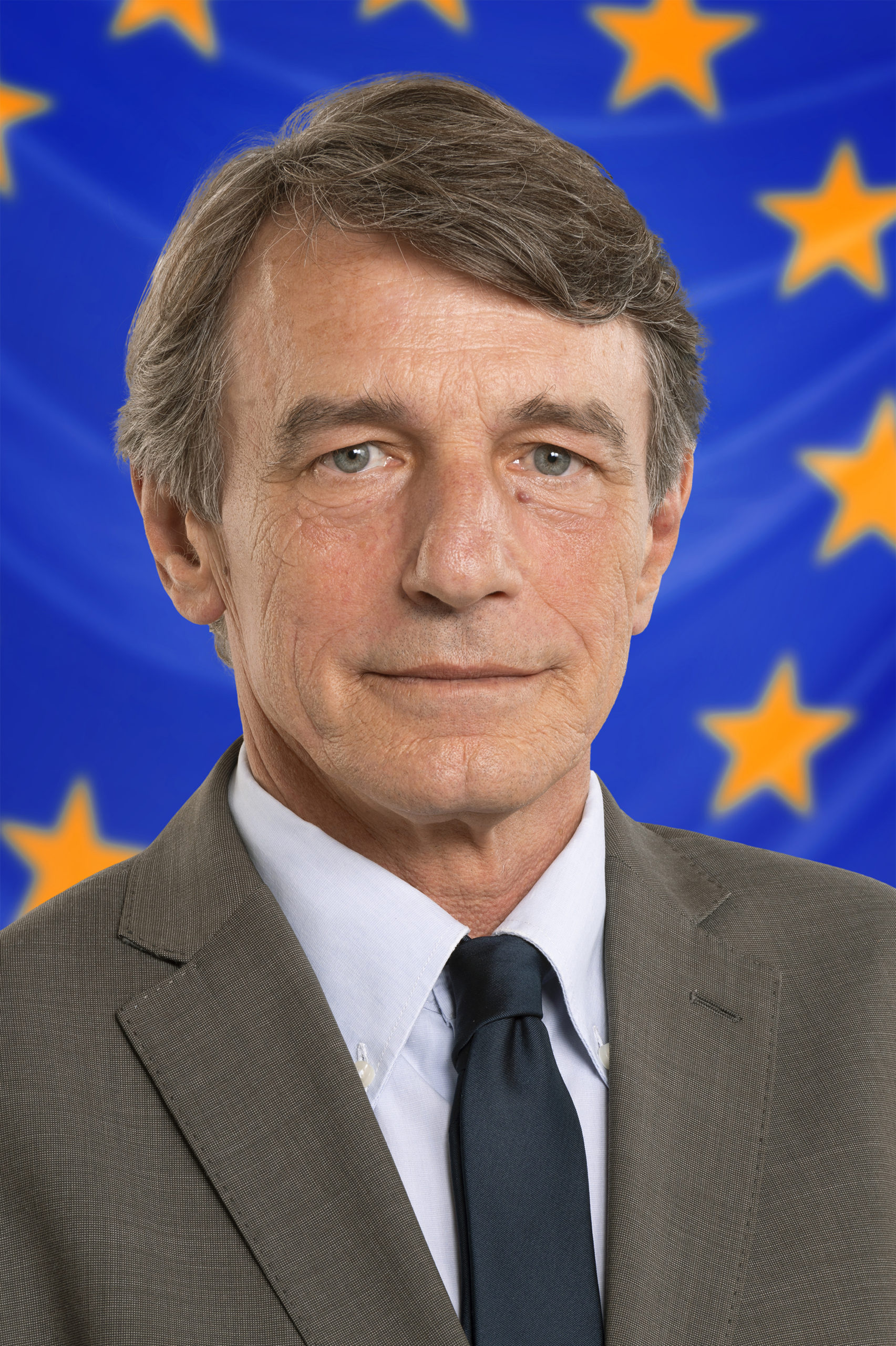
David Sassoli
President of the European Parliament
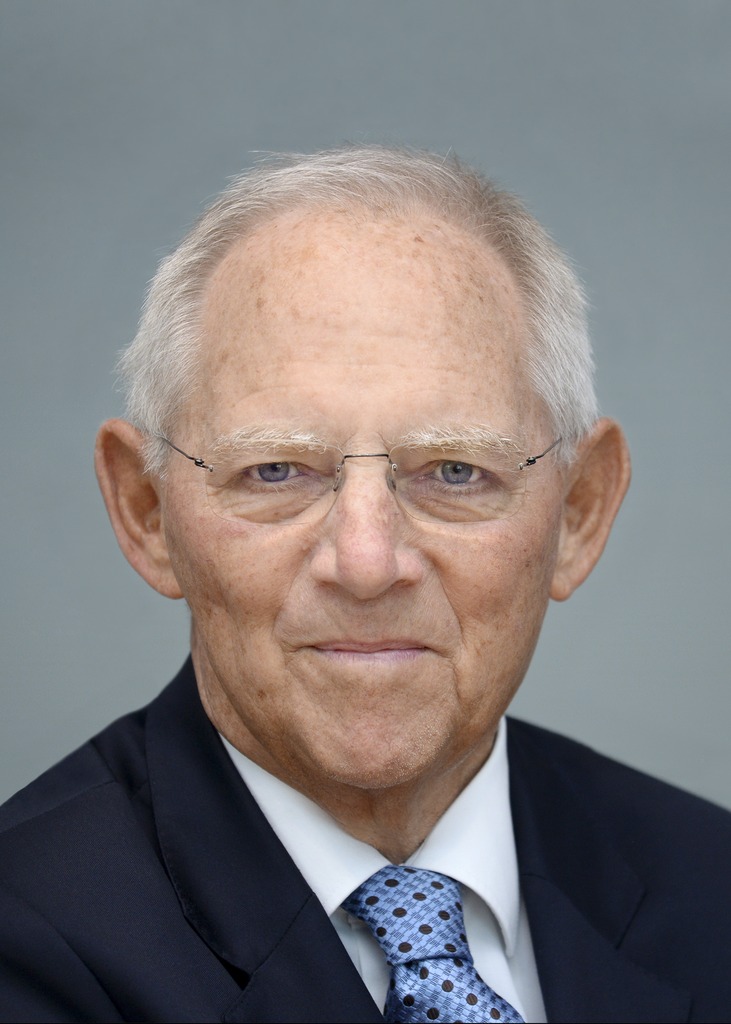
Wolfgang Schäuble
President of the German Bundestag
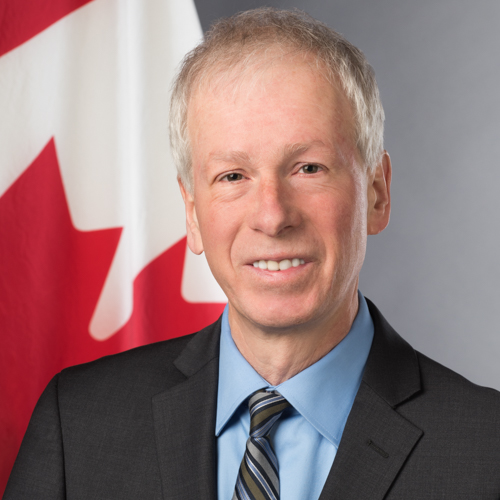
Stéphane Dion
Ambassador of Canada in Germany, Special Representative of Canada to the EU and to Europe
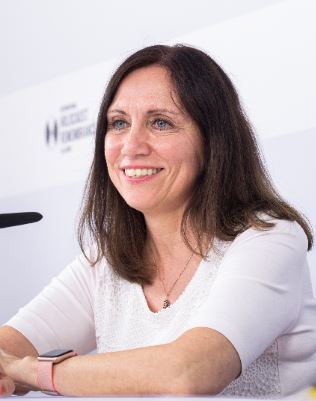
Michaela Küchler
Chair of the International Holocaust Remembrance Alliance










